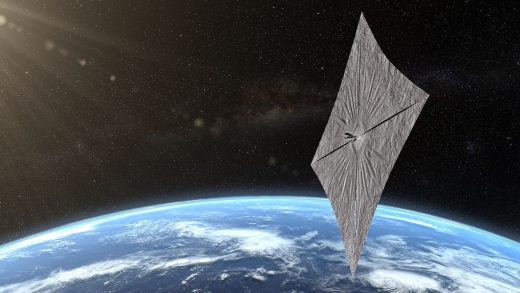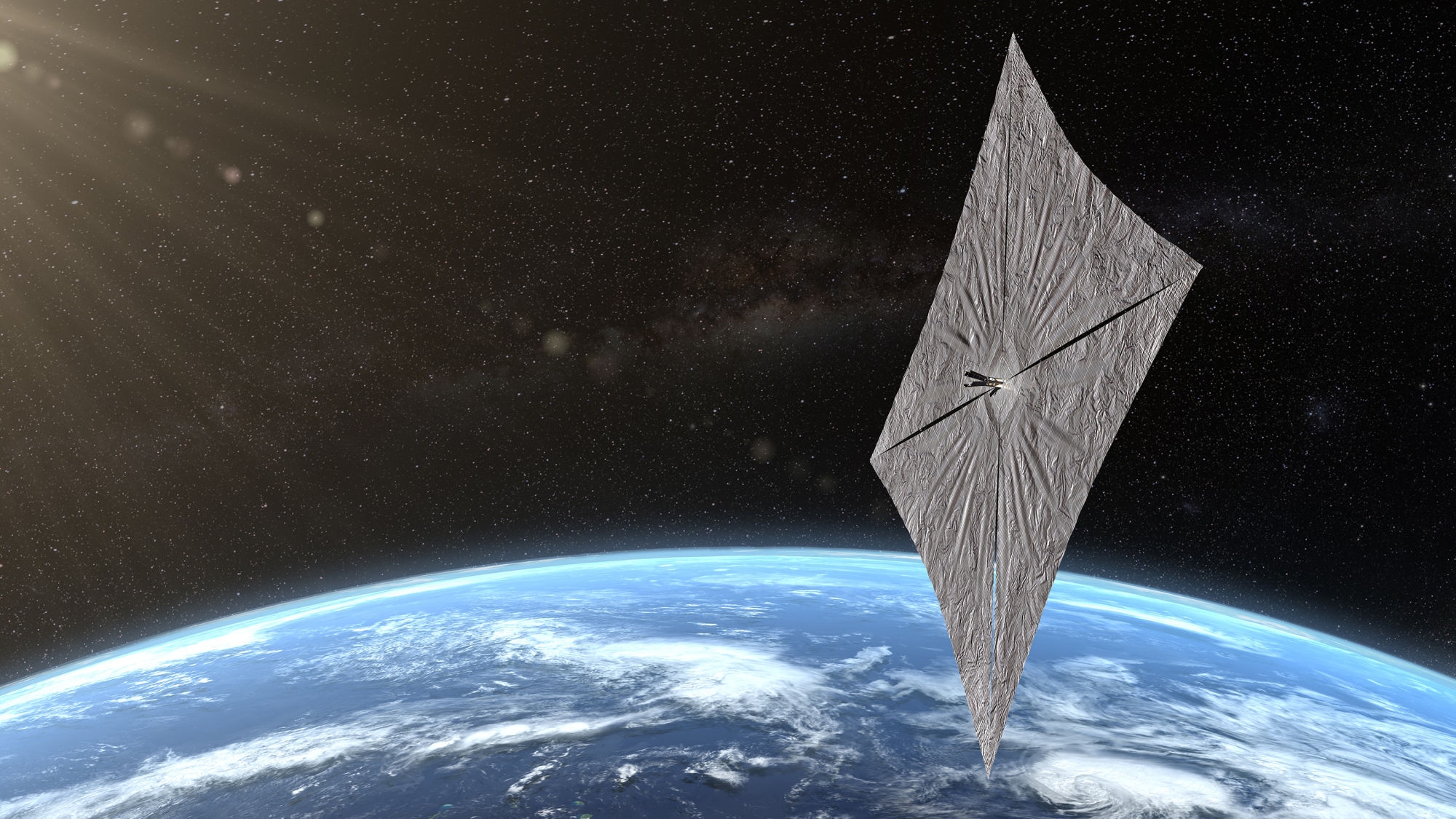LightSail 2 sends its first signals back to Earth
So far, it’s been smooth sailing for the LightSail 2. The solar spacecraft is orbiting on its own after being delivered to space last week aboard Space X’s Falcon Heavy. The mission team of the Planetary Society confirmed on Wednesday that it has established two-way communications with LightSail 2 and is running various tests. According to the spacecraft’s telemetry, all of its major systems appear to be operating normally. Over the next few days, a time will be set for LightSail 2 to deploy its signature solar sails which will propel it forward. Unlike traditional spacecraft which rely on rocket engines, LightSail 2’s design is powered by photons from the sun. If successful, it will be the first controlled light sail ever to enter and maintain Earth orbit.
“We’re all very happy — after years of preparation, we are flying an operational spacecraft!” Bruce Betts, said LightSail program manager and Planetary Society chief scientist in a statement. The spacecraft sent its first signal back to Earth (July 11, 2019) as it flew over mission control in Cal Poly San Luis Obispo. Mission ground stations at Georgia Tech and Purdue University have also received signals from LightSail 2.
So what’s next for the mission? The spacecraft’s cameras and momentum wheel will be tested to ensure that they’re working properly. This is expected to take roughly a week. After the tests, the mission team will deploy LightSail 2’s 32-square meter solar sail. For a highlight reel of the spacecraft’s mission by the Planetary Society, check out this video.
(18)




